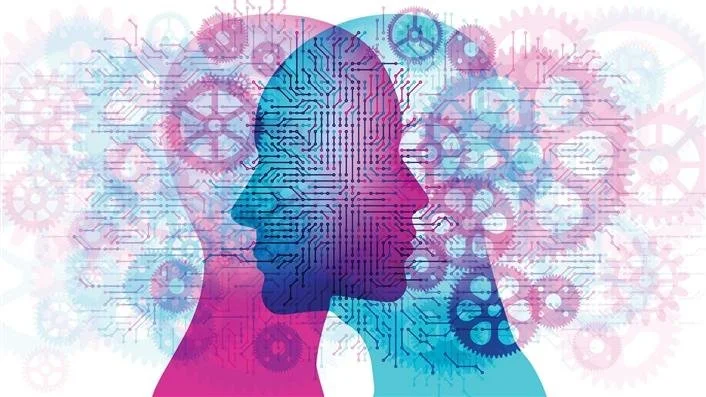Ethical and Negative Impact of Artificial Intelligence: An In-Depth Analysis
Artificial Intelligence (AI) has revolutionized numerous industries, presenting significant advancements and opportunities. However, as AI becomes more prevalent, we must critically examine its ethical implications and the potential negative impacts it can have on society. In this blog post, we will delve into the ethical concerns surrounding AI and explore its potential negative consequences.
Lack of Transparency
One major ethical concern regarding AI is the lack of transparency in decision-making processes. Deep learning algorithms often function as black boxes, making it challenging to understand how they arrive at their conclusions. This lack of transparency raises questions about accountability, as decisions made by AI systems may be biased, discriminatory, or unjust without any discernible explanation.
2. Bias and Discrimination
AI systems are only as unbiased as the data they are trained on. Biases in data, whether intentional or unintentional, can perpetuate discrimination and inequalities. If AI algorithms are trained on biased data, they can reinforce and amplify existing societal prejudices, leading to discriminatory outcomes in areas such as hiring practices, law enforcement, and loan approvals. This poses a significant ethical dilemma, as AI should strive for fairness and equal treatment.
3. Privacy Concerns
AI relies heavily on vast amounts of personal data to operate effectively. This reliance raises serious privacy concerns. The collection, storage, and analysis of personal data can lead to breaches of privacy, surveillance, and potential misuse of sensitive information. It is crucial to establish robust safeguards to protect individuals' privacy rights and ensure that AI systems operate within legal and ethical boundaries.
4. Automation and Job Displacement
The automation capabilities of AI have the potential to disrupt labor markets, leading to job displacement and socioeconomic inequality. As AI-powered machines and algorithms take over routine and repetitive tasks, certain job sectors may face significant job losses. This displacement can have profound implications for individuals and communities that rely on these jobs, requiring careful consideration of retraining, education, and policies to mitigate the negative impact on the workforce.
5. Weaponization of AI
The development and deployment of AI in military applications raise serious ethical concerns. Autonomous weapons equipped with AI technologies have the potential to make lethal decisions without human intervention. The lack of human judgment and accountability in such scenarios can lead to unintended consequences, escalation of conflicts, and violations of international humanitarian law. Establishing clear regulations and international norms is essential to prevent the unethical use of AI in warfare.
6. Social Isolation and Dehumanization
While AI technologies aim to enhance human experiences, there is a risk of increasing social isolation and dehumanization. The proliferation of AI-driven chatbots and virtual assistants, for example, can lead to reduced human interaction and a sense of detachment. This may impact mental well-being, interpersonal relationships, and social cohesion. Striking a balance between the convenience of AI and maintaining meaningful human connections is vital.
As AI continues to advance, it is crucial to address the ethical concerns and negative impacts it can have on society. Transparency, fairness, privacy protection, job displacement, weaponization, and maintaining human connections are among the key issues that demand attention. By proactively addressing these concerns through robust regulations, ethical frameworks, and responsible AI development, we can maximize the benefits of AI while minimizing its potential harm. Ultimately, a well-balanced approach is essential to ensure that AI is developed and deployed in a manner that aligns with our values and serves the best interests of humanity.








